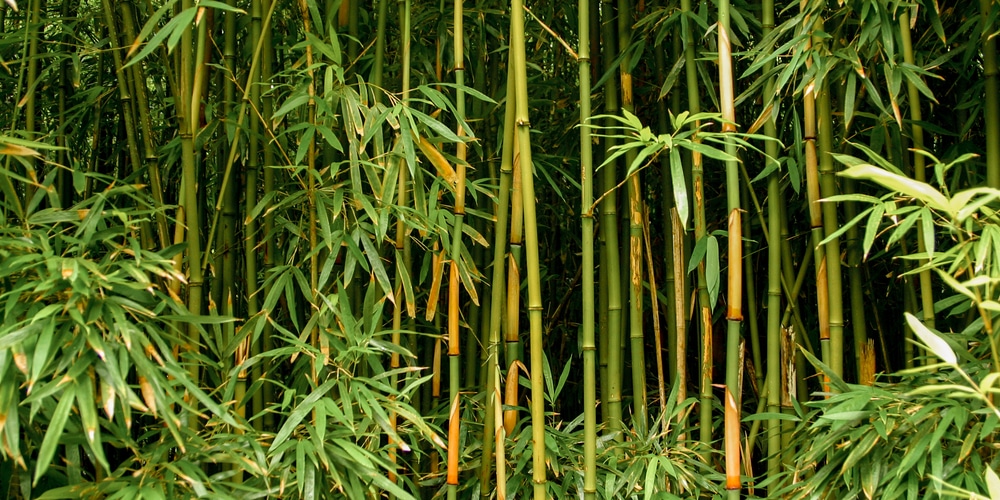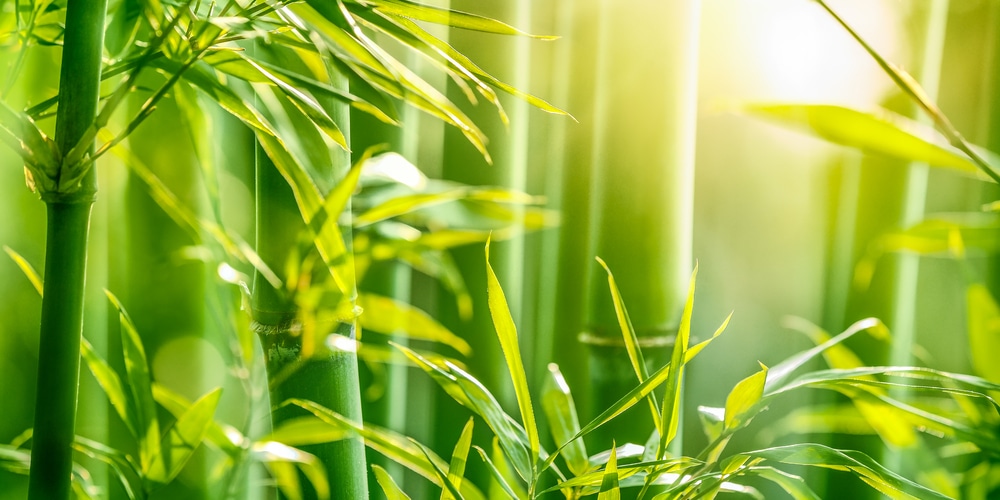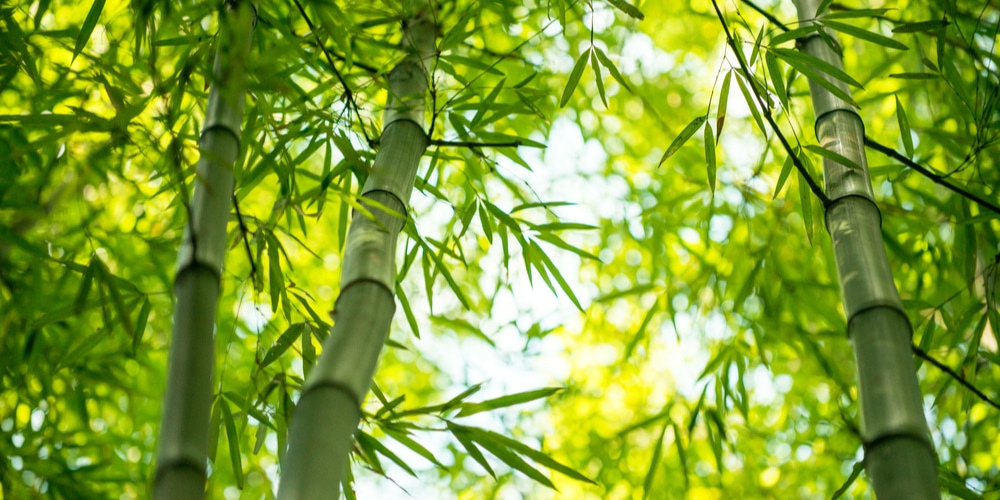Bamboo is one of the few plants that add an exotic touch to a landscape. It is useful in garden design and landscaping as a focal point and can be used to create a screen or hedge. Bamboo can grow to a maximum height of approximately 60 feet. It’s, however, not unheard of for bamboo to grow beyond 60′. This article will answer the question, ‘Can Bamboo Grow In New England?’
Can Bamboo Grow In New England?
Despite being a popular choice for many landscaping establishments, bamboo does not naturally grow in New England. The climate is too dry and with cold winters, it can be quite difficult to keep bamboo securely watered and growing. However, there are various cold-hardy bamboo plants that can be grown in New England. When growing bamboo in England, you are supposed to time your planting in such a way that the bamboo begins to thrive before winter.
What tips come in handy when growing bamboo?
There are a number of things that you will need to do when planting bamboo.
1. Select the right location
To begin with, you will want to identify the perfect location in which to grow bamboo. The perfect location should be one that protects your plants from the full glare of the sun, in addition to protection from wind.
Other than that, you will want to ensure that you choose a spot that allows the bamboo plants to grow and spread their roots freely. That’s in consideration that bamboo roots spread a lot and can cause lots of growing space you allow them to.
2. Pick the right soil type
It’s also important to consider soil type and quality. Bamboo plants should be planted in rich, loamy soil with a pH level between 6 and 8. To create such a spot, it is recommended that you take your existing soil and mix it with compost (and possibly some sand or peat moss). After selecting the right location, you can then go ahead and begin planting your first bamboo shoot.
3. Make your planting hole perfect
When digging the planting hole, you will want to ensure that it’s twice as large as your bamboo plant. Make sure to get rid of any weeds, rocks, or even roots that may be in the hole. Once the hole is ready, get the bamboo from the container in which it was planted, then place it in the hole.
4. Check the placement of the plant
Check to see that the plant is at the same height as it was while in the container before covering it with soil. As you add soil into the hole, make sure to readjust the angle of the plant if need be, since you want it to grow straight.
5. Ensure that you meet the water requirements
The next step is to add water to the soil. The bamboo will now be able to start establishing its roots and you want it to get a good start from the get-go. To keep your bamboo healthy and growing, it’s important that you water it at least once every week. You may need to water your plant more often if the days are rather hot.
6. Use mulch
When planting bamboo, mulch is essential. There are many different types of mulches that can be used. The base of the soil should be prepared with a mulching agent in order to make it easier for the plant to take root and grow. This will also help keep the plant from getting too dry and dying back during the most vulnerable period.
7. See to it that the place is well-drained
You will also want to ensure that the area in which you are growing bamboo remains well-drained at all times. If the soil remains too wet for an extended period, your bamboo will likely die. To help prevent this, be sure to water your bamboo on a regular basis and make sure that the area is well-drained.
8. Watch out for fungal infections
Fungal infections are a common issue among those who grow bamboo in their gardens. To prevent such infection from happening to your bamboo, take proper care of it by cleansing it regularly with a fungicide spray or clothe dipped in a fungicide solution.
9. Protect your plants from pests and insects
When it comes to pests, there are a few such as bamboo mites, aphids, and others that are known to attack bamboo plants. You will want to ensure that you treat your bamboo with a spray of insecticide every month, or even more frequently if the conditions are right. Also, before planting bamboo in your garden, be sure to check all the unwanted stuff that may be in the soil
10. Prune your plants regularly
The best way to keep your bamboo healthy is to cut it back after the shooting season. This is typically late in the summer or fall. You don’t want to prune your plant while it’s still in the shooting season. That’s in consideration that removing the foliage at that time can reduce the energy reserves that your plant so much needs to make new shoots.
Can Bamboo Grow In New England: In conclusion
Even though bamboo does not grow in New England by itself, you can still plant and care for it to a point where it remains healthy and grows the way you want it to. All you have to do is to ensure that you get the right type of cold-hardy bamboo.
You also have to meet the other requirements, such as the right soil type, being well-drained and so on. And of course, it’s important that you learn how to prune and fertilize your bamboo.
Related Article: 10 Cheap Ways to Block Neighbors View


